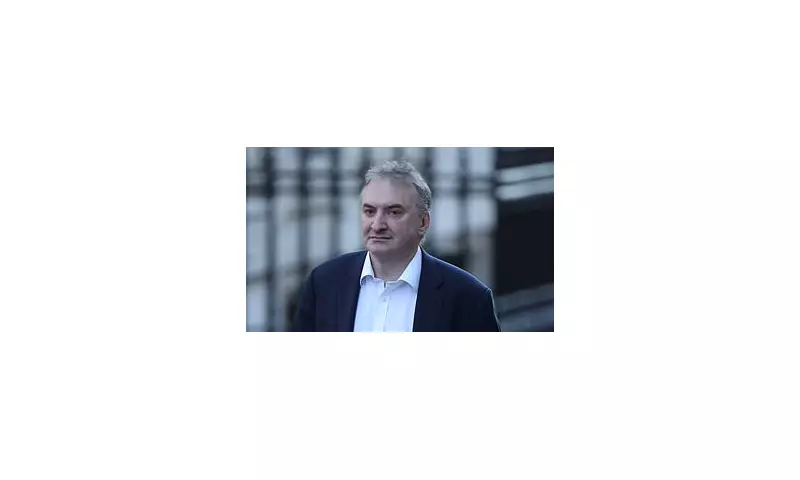
An explosive new report has laid bare the staggering value of taxpayer-funded pension pots for Britain's most senior civil servants, revealing an average worth of £1.3 million per official. This revelation arrives as the Chancellor, Rachel Reeves, prepares to impose a £3 billion raid on the retirement savings of private sector workers in the upcoming Budget.
The Mandarin Millionaires of Whitehall
Research conducted by the TaxPayers' Alliance into Whitehall's elite has uncovered that the combined pension savings of 22 top government department officials total a massive £27.8 million. The analysis identified five officials with funds exceeding £2 million, while another fourteen have accumulated over £1 million
Leading the pack is Cabinet Secretary Sir Chris Wormald, whose pension pot was valued at £2.49 million in March of this year. Despite recent criticism in the Covid inquiry report and being seen as at risk of removal from Number 10, Sir Chris is set to receive an annual pension of £122,500 upon retirement.
This figure is nearly double the average annual pension of £70,500 accrued by his fellow senior civil servants. Even more substantial was the pension of Sir Matthew Rycroft, the former top official at the Home Office, who oversaw the department during the immigration crisis. He had built a pot worth £2.5 million, also guaranteeing him £122,500 each year in retirement.
Lump Sums and Unfunded Liabilities
The generous terms of the civil service scheme extend beyond annual payouts. Half of the permanent secretaries across Whitehall are in line to receive enormous tax-free lump sums upon stepping down, in addition to their generous yearly incomes.
For instance, David Williams, the most senior civil servant at the Ministry of Defence, is due a lump sum of £237,500. James Bowler, the top official at HM Treasury, will receive £202,500.
Critically, this gold-plated civil service scheme is 'unfunded'. Unlike private pensions, no money is set aside or invested to cover these future costs. The scheme forms part of a wider £1.3 trillion liability for public sector pensions, with general taxation required to meet the bill.
Contrast with Private Sector Pension Plans
The details of these publicly funded nest eggs emerge as the government plans major restrictions on private sector retirement savings. The Chancellor is expected to target 'salary sacrifice' schemes, which allow employees to pay extra into their pensions directly from their pay cheques without paying National Insurance.
Further measures under consideration include reducing pension tax relief for high earners or cutting the tax-free amount retirees can take as a lump sum from their private pensions.
John O'Connell, chief executive of the TaxPayers' Alliance, told the Daily Mail: 'Taxpayers are sick of this experiment in trickle-up economics, where working people and pensioners are dragged into higher rates tax just to pay for the unsustainable pay, pensions and perks of those in the public sector.' He highlighted that public sector pensions are completely protected from inflation and market shocks, unlike their private sector counterparts.
Reform UK's deputy leader Richard Tice reinforced this, stating: 'The country is going bust and cannot afford these unfunded gold-plated civil service defined benefit pension schemes when productivity is collapsing.'
In response, a Cabinet Office spokesman defended the figures, stating they 'represent the pensions of the longest serving and most senior members of the Civil Service - just a handful of individuals - and reflect their length of service.' The spokesman also pointed to substantial reforms, including the removal of final salary pension schemes, to ensure the system is cost-effective for the taxpayer.





